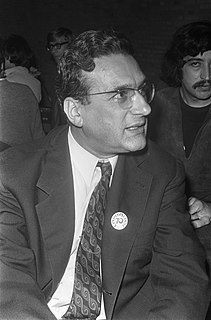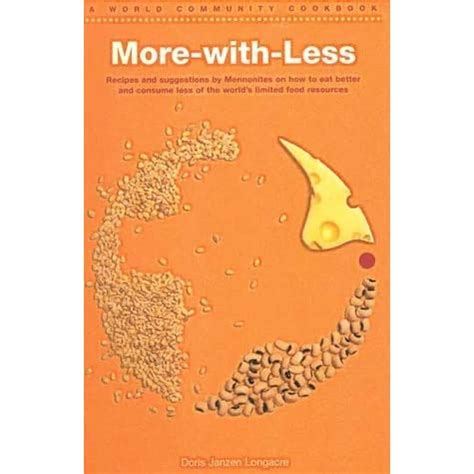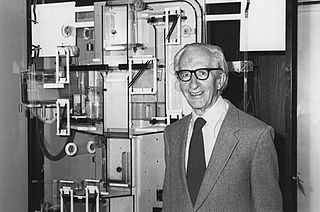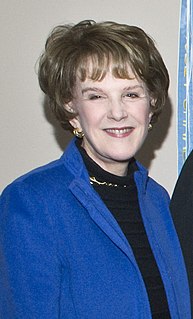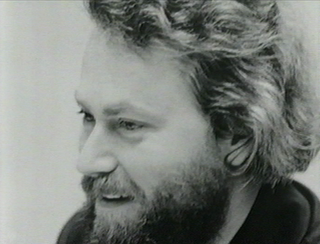A Quote by Joseph A. Schumpeter
The metal of economic theory is in Marx's pages immersed in such a wealth of steaming phrases as to acquire a temperature not naturally its own.
Related Quotes
The theory of Marx, Engels, Lenin and Stalin is universally applicable. We should regard it not as a dogma, but as a guide to action. Studying it is not merely a matter of learning terms and phrases but of learning Marxism-Leninism as the science of revolution. It is not just a matter of understanding the general laws derived by Marx, Engels, Lenin and Stalin from their extensive study of real life and revolutionary experience, but of studying their standpoint and method in examining and solving problems.
Mr. Speaker, in 1848, Karl Marx said, a progressive income tax is needed to transfer wealth and power to the state. Thus, Marx's Communist Manifesto had as its major economic tenet a progressive income tax. Think about it, 1848 Karl Marx, Communism.... I say it is time to replace the progressive income tax with a national retail sales tax, and it is time to abolish the IRS, my colleagues. I yield back all the rules, regulations, fear, and intimidation of our current system.
In 1848, Karl Marx said, a progressive income tax is needed to transfer wealth and power to the state. Thus, Marx's Communist Manifesto had as its major economic tenet a progressive income tax. ... I say it is time to replace the progressive income tax with a national retail sales tax, and it is time to abolish the IRS.
China is now suffering from poverty, not from unequal distribution of wealth. Where there are inequalities of wealth, the methods of Marx can, of course, be used; a class war can be advocated to destroy the inequalities. But in China, where industry is not yet developed, Marx's class war and dictatorship of the proletariat are impracticable.
Those who create the wealth naturally want to keep it and devote it to their own purposes. Those who wish to expropriate it look for ever more-clever ways to acquire it without inciting resistance. One of those ways is the spreading of an elaborate ideology of statism, which teaches that the people are the state and that therefore they are only paying themselves when they pay taxes.
After reading The Great Transformation by Karl Polanyi, I realized that capitalism did not naturally grow as [Karl] Marx would imply by his theory of historical materialism. People were dragged into capitalism screaming, shouting, and fighting all along the way, trying to resist this industrial and commercial world.
Most of Marx's predictions have failed to materialize, and his labor theory of value and other ideas have been proven wrong. Marx failed to recognize the incentive system built into the capitalist model - consumer choice and the profit motive of the entrepreneur. The irony is that capitalism, not socialism or Marxism, that has liberated the worker from the chains of poverty, monopoly, war, and oppression, and has better achieved Marx's vision of a millennium of hope, peace, abundance, leisure, and aesthetic expression for the 'full' human being.

